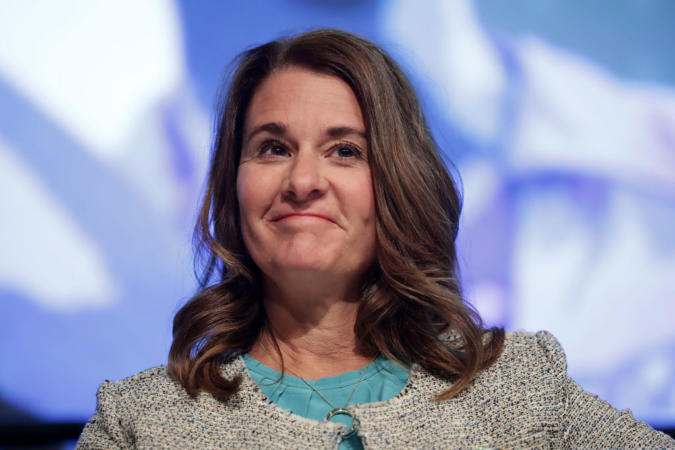Earlier this year, Trump announced that the United States will be terminating its relationship with the World Health Organization (WHO), according to CNN, and many are concerned with the negative consequences that could result from the decision.
On the heels of Trump’s decision, Bill and Melinda Gates — co-chairs of the Gates Foundation — are providing funding and direction on how to navigate COVID-19 vaccines.
Time reports that the Gates Foundation has pledged to fund the Vaccine Alliance (GAVI) with $1.6 billion over the next five years to ensure that vaccines are available to people all over the world, regardless of income.
In the midst of protests against police brutality and racial injustices against Black people, Melinda Gates understands that both police brutality and health disparities reveal systemic racism.
“What happened to George Floyd was brutal and horrible and should never happen to anyone, anywhere. This is a moment of reckoning in the United States. We all need to really pause during this time and learn as best we can from it. Even before we saw this senseless death, COVID had already started to show us gaps and structural problems in our country. We are seeing Black men die at a disproportionate rate. We know the way out of COVID-19 will be a vaccine, and it needs to go out equitably,” Melinda told Time.
When asked who needs vaccines the most, after healthcare workers, Gates told Time that Black people and people of color need vaccines the most.
“In the U.S., that would be Black people next, quite honestly, and many other people of color. They are having disproportionate effects from COVID-19. From there, people with underlying health conditions, and then people who are older. Those are the ones who all need it first,” she said.
In the midst of the pandemic and worldwide protests, Gates finds hope in the unity displayed by this generation.
“The other thing that gives me hope is this next generation,” she told Time. “I’m seeing the way they talk about race. They’re willing to stand up and listen, they’re willing to go march in the streets and say, ‘This isn’t right.’ That gives me a lot of hope.”

